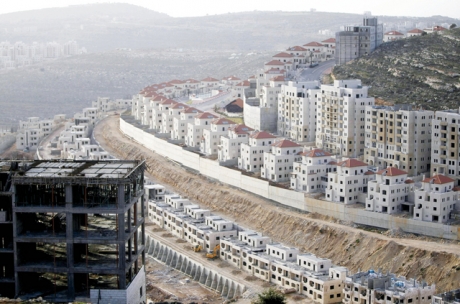 On 1st August 2014 Belgian federal government published “Notice to retailers concerning origin labelling of products from Israeli-occupied territories”
On 1st August 2014 Belgian federal government published “Notice to retailers concerning origin labelling of products from Israeli-occupied territories”
The document notice that “Among importers and traders there is a lack of clarity about the legislation on the labelling of settlement products. The business community and civil society have requested to provide clarity on this issue. (…) For fresh fruit and vegetables, wine, honey, olive oil, fish, beef and veal, poultry from third countries, eggs, organic products and cosmetics origin labelling is compulsory. Labelling will also become compulsory for fresh, chilled and frozen meat of swine, sheep, goats and poultry as of April 2015 “
“Since the Golan Heights and the West Bank (including East Jerusalem) are not part of the Israeli territory according to international law, labelling goods originating from these territories as ‘product from Israel’ is considered to be misleading in the sense of the referenced legislation.
In order to clarify that these products originate from an Israeli settlement, the following labels are recommended:
– ‘Product from the Golan Heights (Israeli settlement)’
– ‘Product from the West Bank (Israeli settlement)’.
For products from the West Bank that do not originate from settlements, the label ‘product from the West Bank (Palestinian product)’ is recommended” – the guidelines for labeling reads.
You can read the full document here
Palestinian and european civil society organisations are arguing that EU has an obligation not to label but to ban settlement products. In February 2013 coalition of Belgian organisations published a report “Made in illegality” that advocates on the basis of international law that Belgium and the European Union have the obligation to end all economic relations with the illegal Israeli settlements.
Israeli colonization is expanding and taking more and more occupied Palestinian territories. Day after day,it causes the eviction of Palestinian residents, the destruction of their homes, the loss of their farmland and water resources. In addition, it physically destroys any chance of esolving the Israeli-Palestinian conflict and is severely detrimental to the viability of the Palestinian economy.
By allowing the import of produce from these settlements, Belgium and the European Union participate in the support of this policy of colonization and contribute to its prosperity and its expansion. However, legal obligations under international law prohibit aid that helps maintain an illegal situation.
